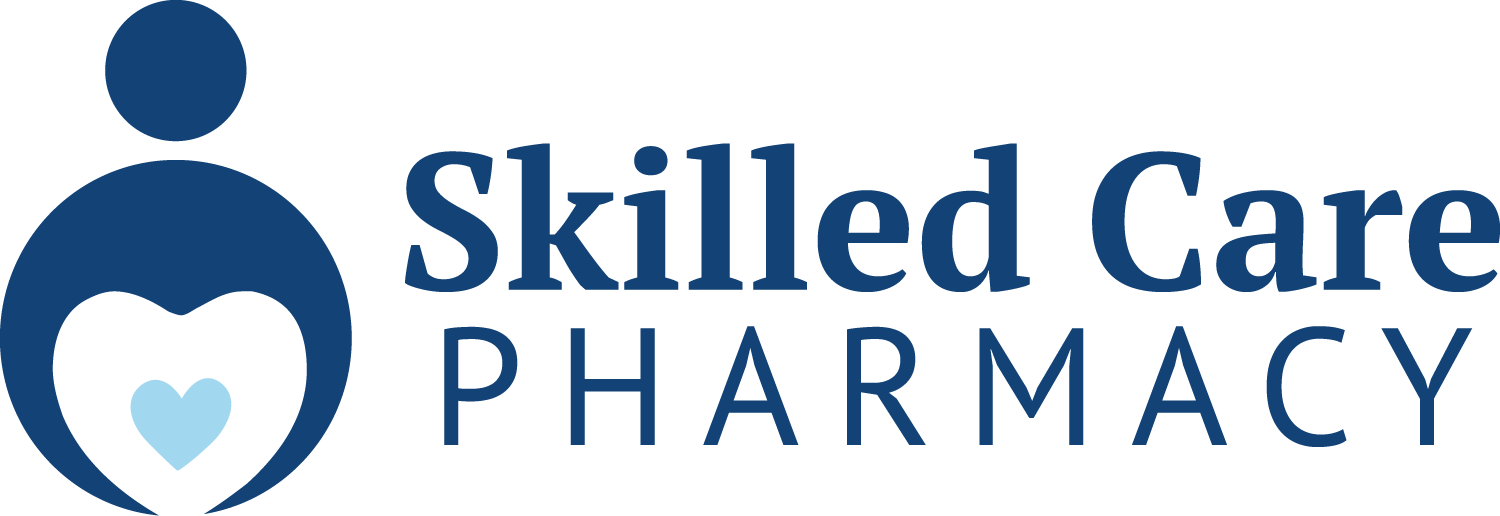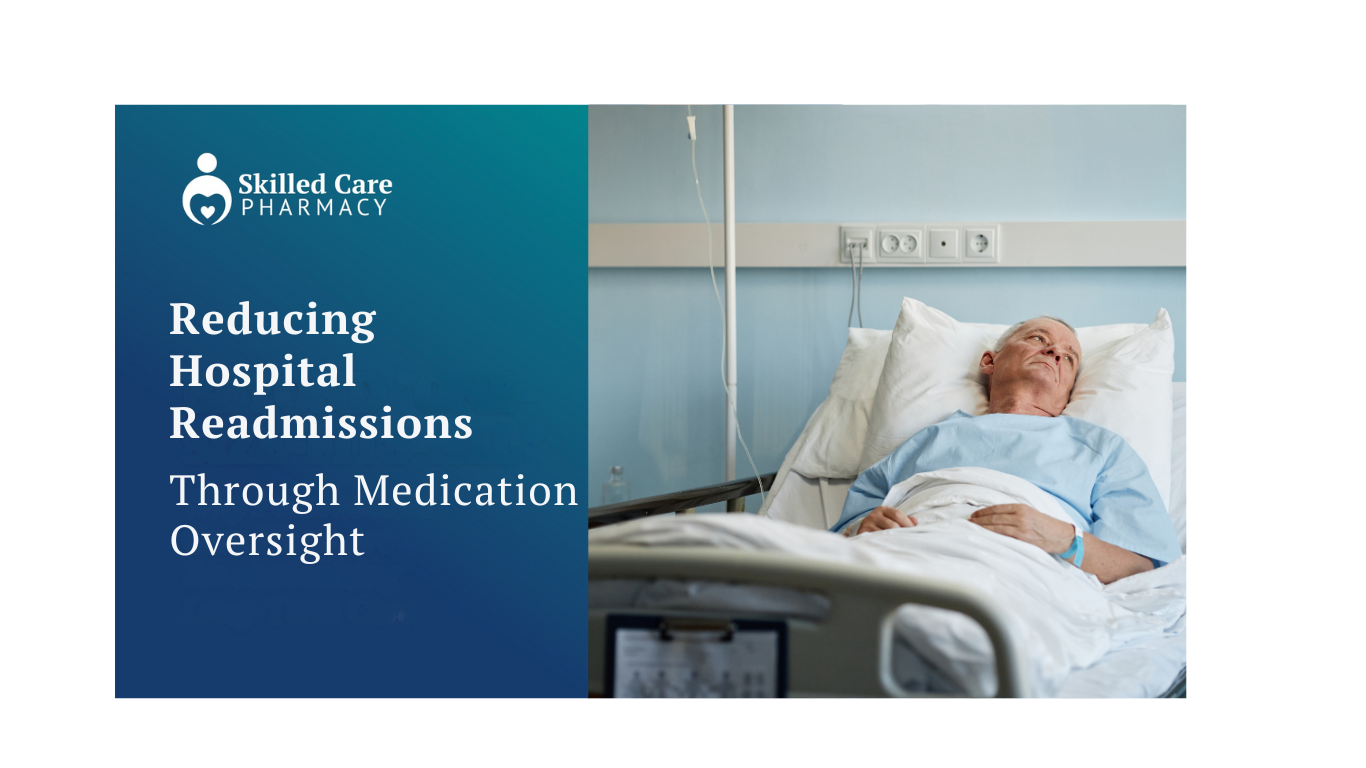Introduction
In the long-term care (LTC) industry, managing medication costs is a crucial aspect of providing quality care while maintaining financial stability. One significant contributor to these costs is medication waste. Medication waste not only impacts a facility's financial health but can also compromise resident care and contribute to environmental concerns.

Understanding the Causes of Medication Waste
Several factors contribute to medication waste in LTC facilities. These include:
- Overstocking: Ordering more medications than necessary can lead to expiration or discontinuation before use.
- Changes in Prescriptions: Resident's medication needs may change frequently, resulting in unused medications.
- Lack of Personalized Medication Reviews: Without regular reviews, residents may be prescribed medications they no longer need.
- Inefficient Dispensing Processes: Traditional dispensing methods can lead to errors and waste.
Strategies to Minimize Medication Waste
Here are some practical strategies LTC facilities can implement to reduce medication waste:
- Optimize Inventory Management:
- Implement a robust inventory tracking system to monitor medication usage and identify potential waste.
- Collaborate with pharmacy partners, like Skilled Care Pharmacy, to implement just-in-time ordering processes, ensuring that medications are delivered as needed, minimizing the risk of expiration.
- Conduct Regular Medication Reviews:
- Partner with Skilled Care Pharmacy's consulting pharmacists to conduct personalized medication reviews for each resident. This can identify unnecessary medications or those requiring dose adjustments.
Embrace Multi-Dose Packaging:
- Transitioning from traditional vial-and-pill systems to multi-dose packaging can significantly reduce waste. Multi-dose packaging ensures that only the necessary medications are dispensed, minimizing the chances of unused medications.
- Utilize Advanced Dispensing Systems:
- Consider implementing advanced dispensing systems to improve accuracy and efficiency in medication dispensing. These systems can help track medication usage, identify potential waste, and streamline processes.
- Educate Staff and Residents:
- Provide staff training on proper medication handling, storage, and disposal procedures.
- Educate residents and their families about the importance of medication adherence and proper disposal of unused medications.
The Skilled Care Pharmacy Partnership
Skilled Care Pharmacy is dedicated to helping LTC facilities reduce medication waste and improve cost-effectiveness. Our commitment to personalized service, innovative solutions, and decades of industry experience makes us the ideal partner in your journey towards efficient medication management.
Contact Skilled Care Pharmacy today to learn more about how we can assist your LTC facility in minimizing medication waste and optimizing your medication management processes.




